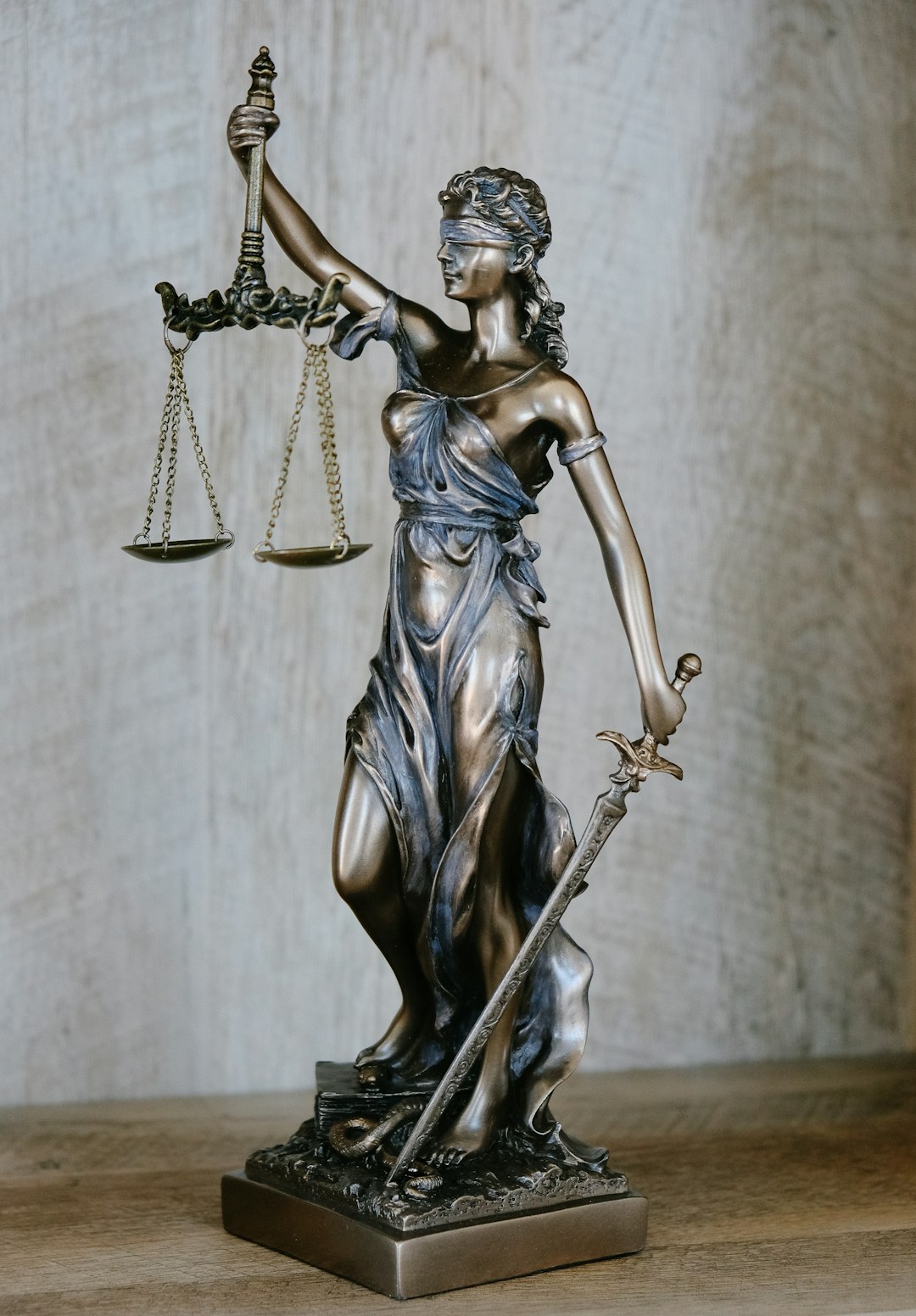
Protecting Minority Interests: The Importance of Precedent in Justice Systems
In an age where the term “equity” is thrown around as casually as a high schooler’s prom date, the importance of protecting minority interests within our justice systems cannot be overstated. The delicate balance of applying precedent in legal rulings is not just a dusty old practice; it’s a lifeline for those who often find themselves voiceless in a society that seems to favor the loudest and most powerful.
The Role of Precedent
Precedent refers to the legal principle of using previous court decisions to guide current cases. For minority groups who have historically been marginalized, this principle is crucial. It ensures that the judicial system doesn’t just operate on whims or the latest social trends but instead relies on established laws and interpretations that have evolved over time.
Imagine you’re a member of a minority group, let’s say a small business owner from a historically discriminated community. You face a legal battle with a larger corporation that has the resources to dominate the courtroom. Without the support of precedents that have upheld minority rights in similar cases, you may find your interests languishing under the weight of legal jargon.
Why Minority Interests Matter
It’s easy for some to brush off minority interests as merely “political correctness” or “woke culture.” However, if we look at the data—specifically research from various studies—minority groups often suffer from systemic injustices. For example, they might receive harsher sentences, experience discrimination in hiring practices, or face obstacles in accessing quality education. A just legal system should serve to protect these vulnerable populations, ensuring that their rights are upheld and their voices heard.
The Cost of Ignoring Precedents
The slippery slope of ignoring precedents is a dangerous game. When courts fail to uphold established decisions that protect minority rights, they open the floodgates to a myriad of potential injustices. The implications can be dire: laws could be interpreted in a way that favors the powerful at the expense of the marginalized.
Let’s take the example of voting rights. In recent years, we’ve seen various attempts to undermine the voting power of minority groups under the guise of “election integrity.” If we ignore precedents that have historically protected access to the ballot for all citizens, we risk reverting to a time where only a select few hold the keys to our democracy.
Real-World Examples
Consider the landmark case of a certain landmark ruling that established the right of individuals from marginalized communities to receive fair trials. Following this precedent, courts have consistently upheld the importance of ensuring that juries reflect the community’s diversity. Without such a ruling, we could easily see a return to an era where justice is not blind but rather sees through a narrow lens that favors the privileged.
Another example is the ongoing debate surrounding affirmative action in higher education. The precedent set by earlier decisions to promote diversity in schools has faced numerous challenges. If the courts were to disregard these precedents, we would not only see a decline in minority representation in prestigious institutions but also a further erosion of the very fabric of our society.
Counterarguments and Rebuttals
Of course, the critics will argue that too much reliance on precedent stifles progress. They will say that it prevents the justice system from adapting to new societal norms. While it’s true that the law should evolve, it’s equally essential to remember that evolution doesn’t mean discarding the past. A well-functioning justice system should incorporate new ideas while still respecting the cornerstones that protect our democracy and its most vulnerable members.
Conclusion
In conclusion, the importance of protecting minority interests through the lens of precedent in our justice systems cannot be overstated. It is not just a legal nicety but a necessity for a fair and just society. As we navigate the complexities of modern governance, let us not forget that the rule of law should serve all citizens, regardless of their background. By upholding precedents, we not only protect minority interests but also strengthen the very foundation of our legal system.
So, the next time you hear someone dismiss the importance of precedent, remind them that behind every legal ruling is a human story, a struggle for justice, and a fight to ensure that no voice is left unheard. In the end, it’s not just about the law; it’s about building a society where everyone has a seat at the table—and not just the crumbs left behind by those who think they know better.
Tags: opinion, editorial, current events, protecting minority interests, justice systems, precedent, equity, legal rights.


